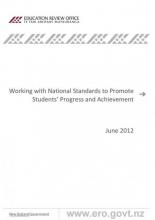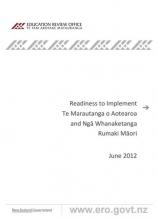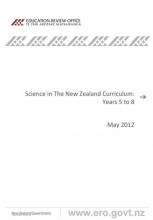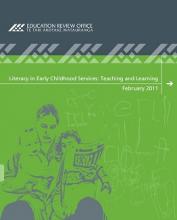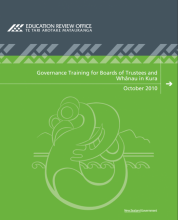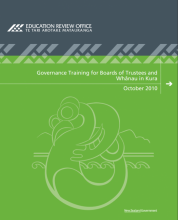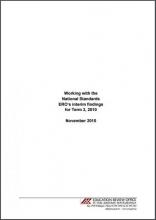Schools’ Provision for International Students
This national report is ERO’s seventh report about international students. This evaluation included 95 schools (both primary and secondary) and focused on five aspects in relation to international students – integration, progress and achievement, education programme, pastoral care, overall approach and self review.







